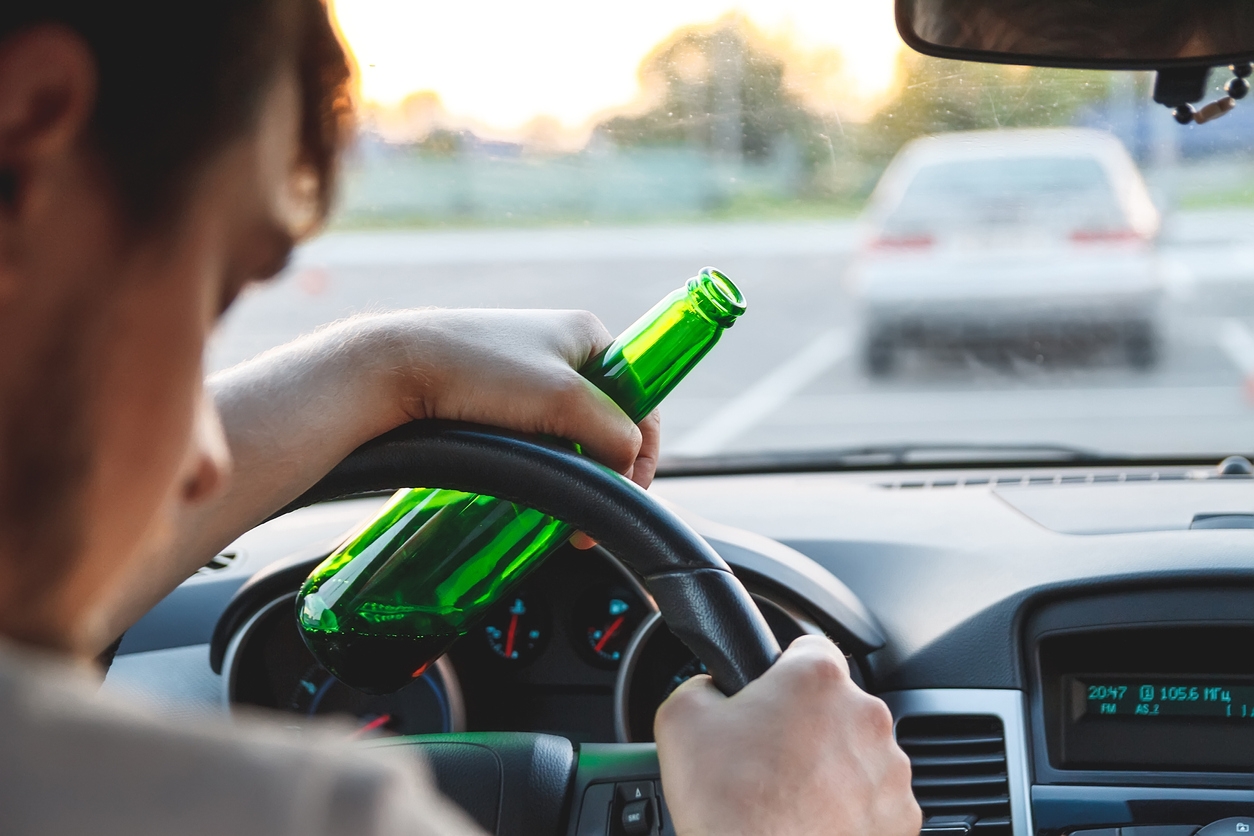
Every year, the Fourth of July is marked by a variety of activities and festivals. This occasion is frequently considered a time for friends and family to unite and exhibit patriotism, from backyard barbecues to fireworks displays. While these events are typically seen positively, there are some unspoken factors that can make them unsafe and even harmful. This article examines the various risks involved with Fourth of July celebrations, ranging from increased drinking to teenage addiction and wantonness. It also includes safety recommendations to help you keep your family safe this holiday season.
A brief history of July Fourth Celebrations
The Fourth of July is an annual federal holiday in the United States honoring the adoption of the Declaration of Independence on July 4, 1776. The festival, organized in 1777 by John Adams and Thomas Jefferson, includes public readings, fireworks displays, parades, and other events to honor America’s independence from Great Britain.
In the nineteenth century, Independence Day became a day of national pride and unity, reflecting on the freedoms afforded by independence as well as those still to come in terms of civil rights. Across the country, celebrations ranged from massive public parades in major cities to modest family gatherings in rural areas. Congress proclaimed Independence Day a federal holiday in 1941, allowing more residents to commemorate their country’s history and independence. Today, millions of people gather each year to celebrate America’s birthday with fireworks displays, BBQs, music festivals, and parades that proudly flaunt the red, white, and blue colors.
The dangers of increased drinking on the 4th of July
The 4th of July is a holiday that can involve excessive alcohol consumption. Many employers structure their work schedule to accommodate a long weekend, which in turn allows employees to feel as though they are able to “let loose” and properly celebrate. This often leads to impaired judgment; in fact, between 2017 and 2021, there were 1,460 drivers killed in motor vehicle crashes over the holiday weekend, and 38% of the drivers killed were drunk. It is important to remember that moderation is key and having a plan established beforehand to ensure your safety is crucial.
Be aware of anyone around you who may be intoxicated, and have someone available to assist you if necessary. To stay hydrated, make sure everyone has access to water throughout the night. Mixing several types of alcoholic drinks can have more serious implications than drinking just one type. North Jersey Recovery Center, a leader in treating addiction, reports increased drinking during the holiday weekend year after year and has also seen a spike in addiction rates on the whole.
DWI on July 4th, drownings, and other potential consequences
The 4th of July is a time for excitement and celebration, but the risks involved with it should not be dismissed or forgotten. Due to the increased drinking throughout this holiday season, there is a greater risk of being pulled over and, if you are drinking and driving, charged with driving while intoxicated (DWI). There are other implications that, if left uncontrolled, could result in serious damage or even death. Many people are charged with a DWI on July 4th, because of the drinking nature of the Holliday
Drowning is a risk due to overestimating swimming abilities and disregarding safety procedures in overcrowded bodies of water. Alcohol reduces reaction times and impairs judgment, balance, and coordination, posing risks associated with water recreation, including swimming and boating. There is a strong link between alcohol, reckless behavior in the water, and drownings.
Alcohol-fueled violence on July 4th can lead to aggression and reduced awareness, causing altercations with unfamiliar individuals. Intoxication combined with high temperatures can cause dehydration or heat illness, which requires immediate treatment.
Lastly, fireworks injuries are common during weekends due to inappropriate use or failure to take safety precautions. Legal consequences may arise if fireworks are used unlawfully or on private grounds without permission. It is crucial to purchase authorized fireworks and use them under adult supervision.

The heat-related illnesses – a hidden danger of 4th of July Celebrations
Summer heat can cause thousands of Americans to suffer from heat-related illnesses during the Fourth of July celebrations. Common conditions include heat stroke and dehydration. Proper preparation and knowledge of body limits can help avoid these issues.
Heat stroke is a severe medical emergency resulting from the body’s inability to regulate temperature. Symptoms include nausea, dizziness, confusion, headache, throbbing muscles, and a rapid heartbeat. Untreated, it can cause organ damage or even death. To prevent heat stroke, stay hydrated, cool down during physical activities, and access water throughout the day. Use cooling stations at public events like parades or fireworks displays.
Dehydration is a serious condition induced by not drinking enough fluids, especially in hot conditions. Symptoms include thirst, headaches, weariness, black urine, and dizziness. To combat dehydration, drink lots of water before heading out, limit caffeine and alcohol, and dress in loose-fitting, breathable clothes that allow sweat to dissipate rapidly.
Heat exhaustion is a serious condition caused by high temperatures and can lead to life-threatening illnesses like organ failure or shock. Signs include heavy sweating, pale skin, nausea, vomiting, diarrhea, increased pulse rate, weakness, headache, and fainting spells. To reduce risk factors, limit physical activity, wear lightweight clothing, and take regular breaks in shaded areas during hot days.
Youth addiction and lack of restraint on July 4th
The Fourth of July is a time for celebration but also a time of increased risk-taking and addiction among youth populations. Alcohol-related incidents and arrests occur annually due to excessive drinking, while drug use is more prevalent due to peer pressure and lowered inhibitions. Vulnerable youth populations, particularly those aged 18-25, are more likely to binge drink or use illicit substances during these festivities. LGBTQ+ individuals may face even higher risks due to discrimination and isolation in their communities.
Parents and caregivers can try to educate teenagers on responsible partying techniques, monitoring children’s activities, family-friendly events, and collaboration with law enforcement. If things have already taken a turn for the worse and you fear your loved one is addicted to drugs and/or alcohol, the experts at North Jersey Recovery Center can help. Taking action now may help ensure your loved one is able to responsibly enjoy July 4th weekends in the future.
Tips to remain safe during the July 4th celebrations
The Fourth of July is a day of celebration and patriotism, but it also comes with its own set of dangers. There are numerous potential hazards involved with this event, ranging from car accidents caused by drunk driving to property damage caused by fireworks and other pyrotechnic displays. Here are some safety tips for the Fourth of July:
- Don’t Drink and Drive: Drunk driving is one of the leading causes of car accidents on the Fourth of July, so designate a driver or use alternate transportation if you plan on drinking alcohol. If you must drive, stay under the speed limit and be aware of your surroundings at all times.
- Beware of Fireworks: Because fireworks can be deadly if not used correctly, careful supervision is required if youngsters are involved in their use. When using sparklers or fireworks that shoot into the air, always read the directions carefully and take all safety precautions, such as wearing protective eyewear.
- Avoid Sunburns: Fourth of July festivities are frequently held outside, putting people at risk for sunburns due to excessive exposure to UV radiation without sufficient protection from sunscreen or protective equipment such as sunglasses and hats. For the greatest effects, apply sunscreen before heading out in the sun and reapply every two hours throughout the day.
- Stay Hydrated: It’s easy to overlook hydration during a long day of outdoor celebrations, but it’s critical for avoiding heat-related illnesses like heat stroke or dehydration, which can lead to significant complications if left untreated. Bring plenty of bottled water with you wherever you go on the Fourth of July, and drink periodically throughout the day, even if you don’t feel thirsty!
- Monitor Alcohol Intake: Excessive drinking can result in alcohol poisoning, which can be fatal if not handled quickly enough, so know how much is too much when it comes to consuming alcohol over this holiday weekend celebration! Set limits for yourself ahead of time and stick to them during the night to keep everyone safe while having fun.
In conclusion, to ensure a safe Fourth of July celebration, plan, appoint a sober driver or use ride-sharing services as not to become a DWI on the 4th of July statistic. Stay cool by wearing light clothing and taking frequent pauses in shaded areas. This will prevent heat fatigue, dehydration, and sunburn.
Keep an eye on the weather and supervise children and friends during the 4th of July activities. Avoid risky activities such as swimming or using fireworks without sufficient safety equipment. To avoid injury or property damage, follow local laws and carefully read safety instructions. Enjoy a great Fourth of July without putting yourself in danger!






